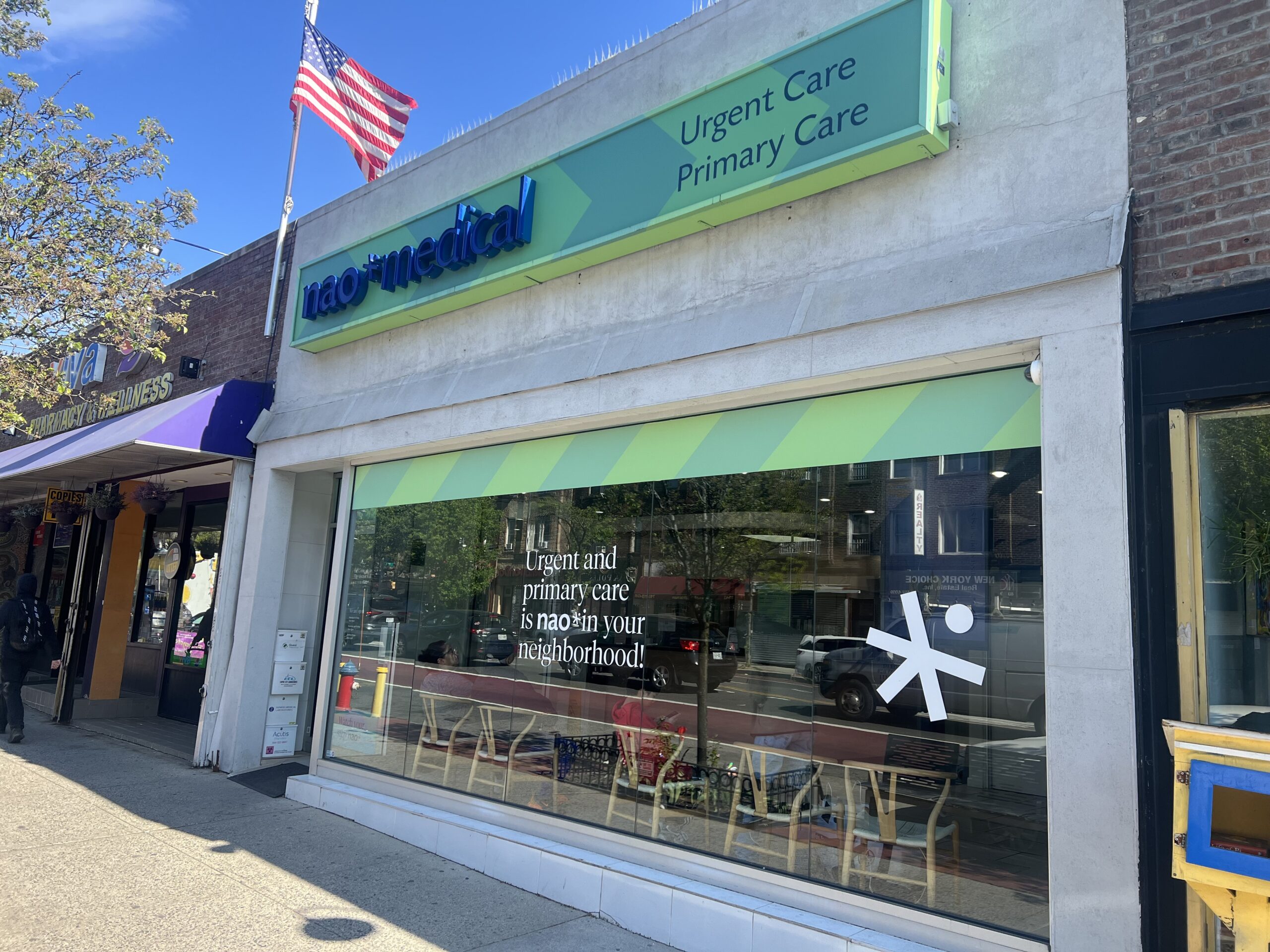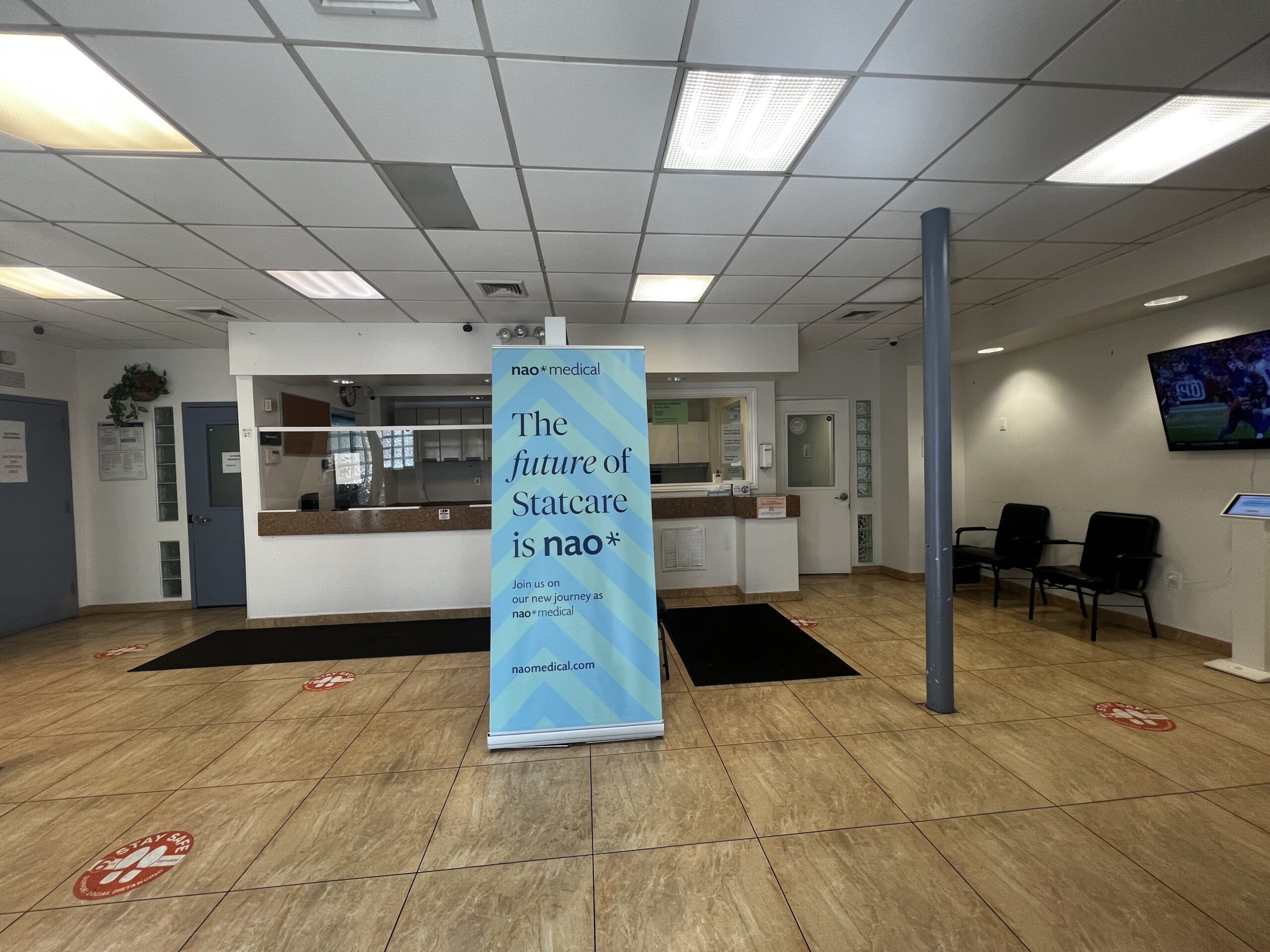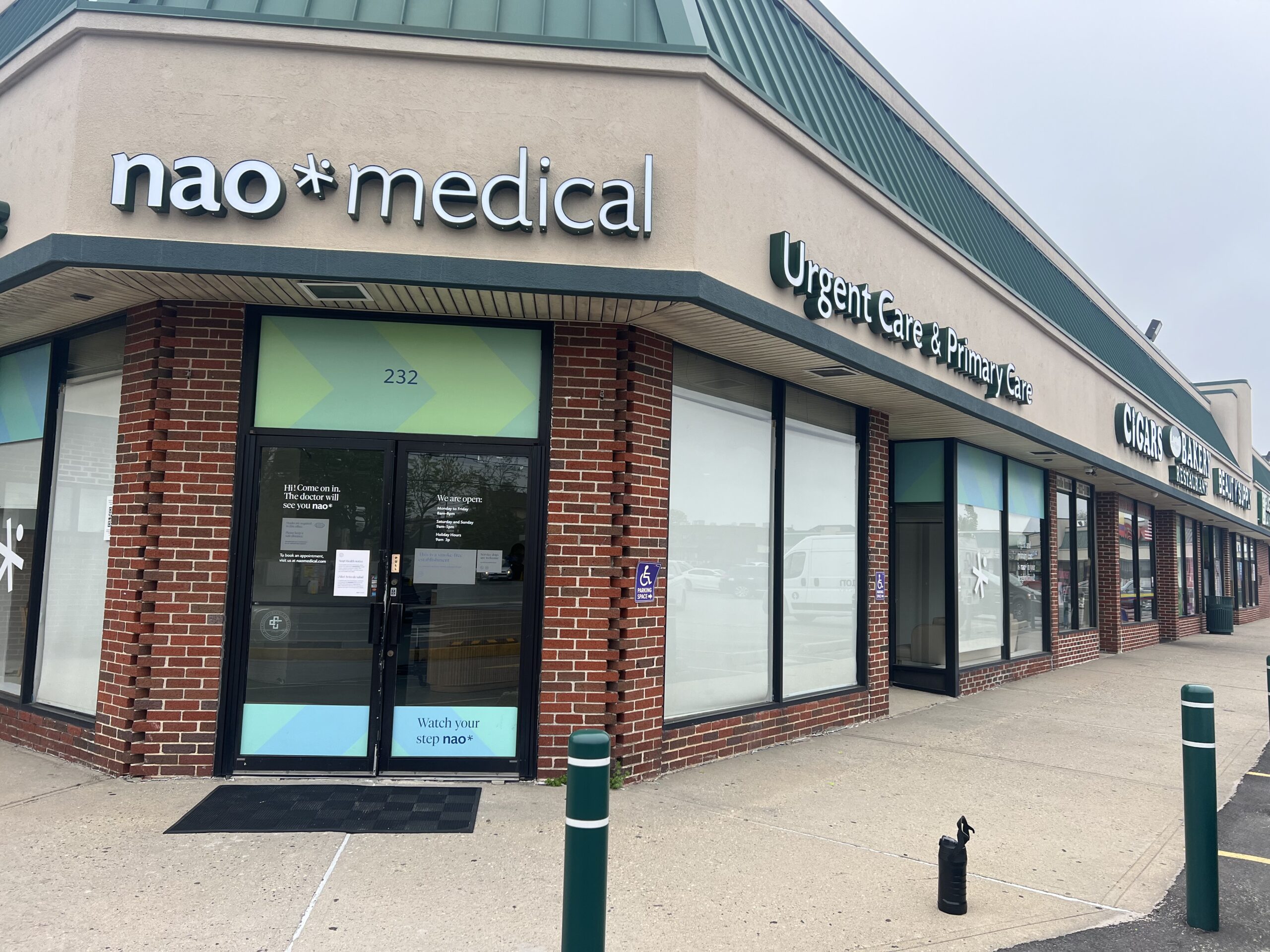Have you ever wondered if it’s okay for a therapist and their client to have a romantic relationship? Or maybe you’ve seen it happen in a TV show or movie and wondered if it’s realistic. While it may make for an interesting plotline, the reality is that therapist-client relationships are governed by strict ethical guidelines and boundaries.
At Nao Medical, we take these guidelines seriously and prioritize the well-being of our clients. Our mental health services in NYC are designed to provide a safe and supportive environment for individuals seeking therapy.
What are the ethical considerations for therapist-client relationships?
According to the American Psychological Association (APA), sexual relationships between therapists and their clients are strictly prohibited. This includes not only sexual contact but also romantic gestures or language. The reason for this is to prevent any potential harm to the client and to maintain the integrity of the therapeutic relationship.
Therapists are also expected to maintain professional boundaries with their clients. This means avoiding dual relationships, such as becoming friends or business partners with a client. It’s important for therapists to prioritize the therapeutic relationship and avoid any conflicts of interest that may arise from a dual relationship.
What are the guidelines for therapist-client boundaries?
Therapists are expected to establish clear boundaries with their clients from the beginning of the therapeutic relationship. This includes discussing the limits of confidentiality, the goals of therapy, and the expectations for communication outside of sessions.
Therapists should also avoid any behavior that may be interpreted as exploitative or manipulative. This includes accepting gifts from clients, making personal disclosures that are not relevant to the therapeutic relationship, or engaging in any behavior that may cause the client to feel uncomfortable or unsafe.
What should you do if you feel your therapist has crossed a boundary?
If you feel that your therapist has violated ethical guidelines or crossed a boundary, it’s important to speak up. You can discuss your concerns with your therapist directly or report them to their licensing board or professional organization.
At Nao Medical, we take all concerns about therapist-client relationships seriously and have a zero-tolerance policy for any behavior that violates ethical guidelines.
Contact Nao Medical for Mental Health Services in NYC
If you’re seeking mental health services in NYC, Nao Medical is here to help. Our team of experienced therapists and psychologists are dedicated to providing a safe and supportive environment for individuals seeking therapy. Contact us today to schedule an appointment or learn more about our services.
FAQs
Can therapists and their clients be friends?
While it’s not strictly prohibited for therapists and their clients to become friends, it’s generally discouraged. Dual relationships can create conflicts of interest and compromise the therapeutic relationship. It’s important for therapists to prioritize the well-being of their clients and maintain professional boundaries.
What should I do if I feel uncomfortable with my therapist?
If you feel uncomfortable with your therapist, it’s important to speak up. You can discuss your concerns with your therapist directly or seek a second opinion from another mental health professional. It’s important to prioritize your own well-being and find a therapist who is a good fit for you.
What are the benefits of therapy?
Therapy can provide a range of benefits, including improved mental health, increased self-awareness, and better coping skills. It can also help individuals navigate difficult life transitions, manage stress and anxiety, and improve their relationships with others.
Learn more about our mental health services in NYC
Sources:







 (917) 310-3371
(917) 310-3371












